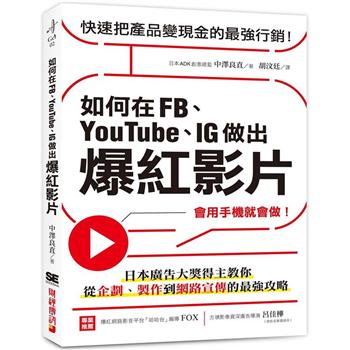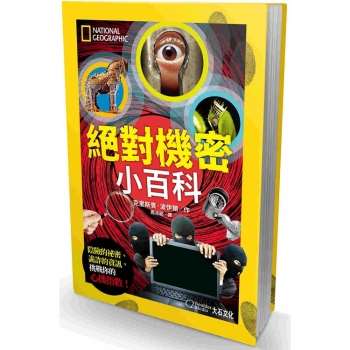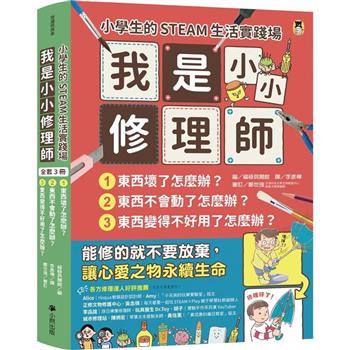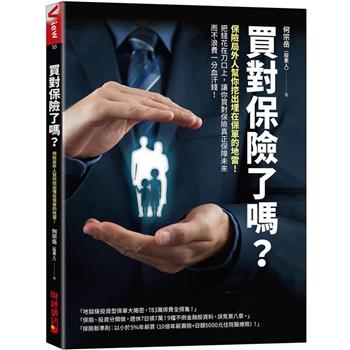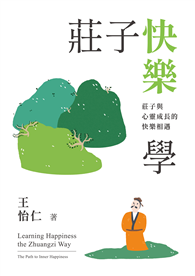The go-to resource for class, clinical, and practice...now in full color!
A team of noted OTA and OT leaders and educators deliver practical, in-depth coverage of the most common adult physical conditions and the corresponding evidence-based occupational therapy interventions.
The authors blend theory and foundational knowledge with practical applications to OTA interventions and client-centered practice. This approach helps students develop the critical-thinking and clinical-reasoning skills that are the foundation for professional, knowledgeable, creative, and competent practitioners.
- New & Updated! Content that incorporates language from the 4th Edition of the Occupational Therapy Practice Framework and aligns with the latest ACOTE standards
- New & Updated! Full-color, contemporary photographs that reflect real clients and OT practitioners in diverse practice settings
- New Chapters! Occupational Justice for Diverse and Marginalized Populations, Motor Control and Neurotherapeutic Approaches, Sexual Activity and Intimacy, Dementia: Understanding and Management, and The Influence of Aging on Occupational Performance
- "Evidence-Based Practice," highlights recent research articles relevant to topics in each chapter, reinforcing the evidence-based perspective presented throughout the text.
- "Putting It All Together: Sample Treatment and Documentation" uses evaluation, treatment, and documentation based on one relevant case from each diagnosis chapter to connect what students are learning in the classroom and the lab to real-world, skilled, client-centered care.
- "Technology & Trends" highlights new and relevant technology or treatment trends and also shows how common technologies may be used in unique ways.
- Client examples provide context for how the conditions impact function and how to consider the person when doing an intervention.
- "Case Studies" based on real-life examples illustrate important learning points and feature questions to develop critical-thinking and problem-solving skills.
- Review questions at the end of each chapter assess progress, knowledge, and critical thinking while offering practice with certification-style questions.

